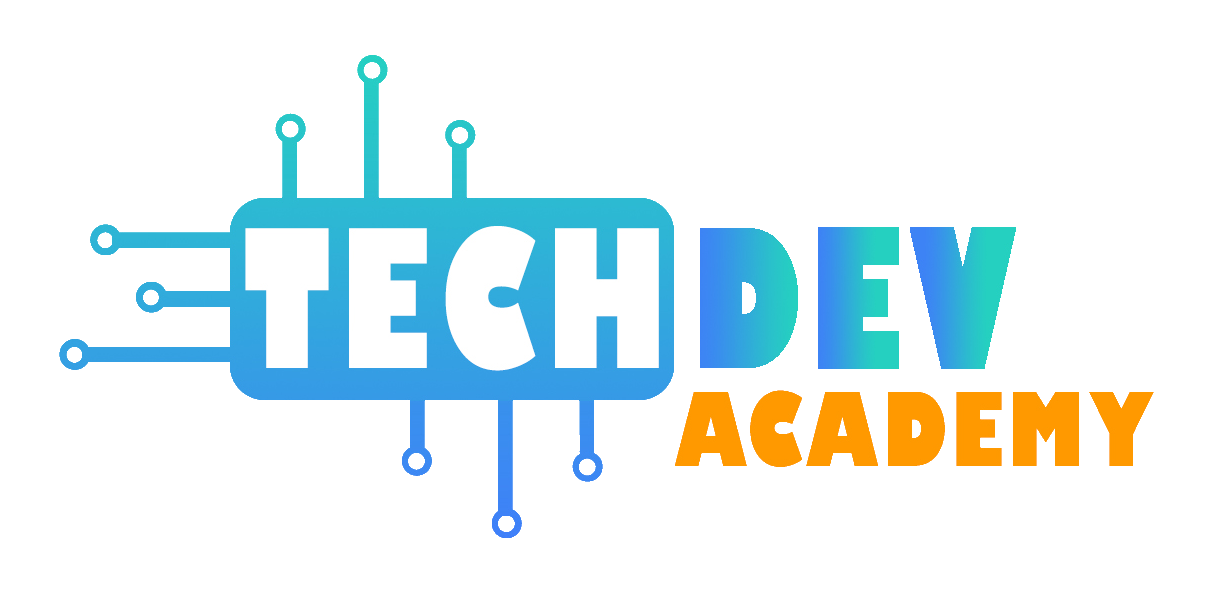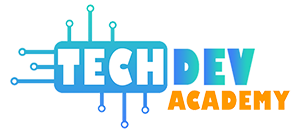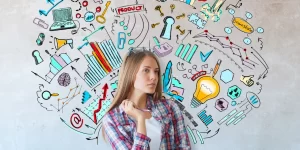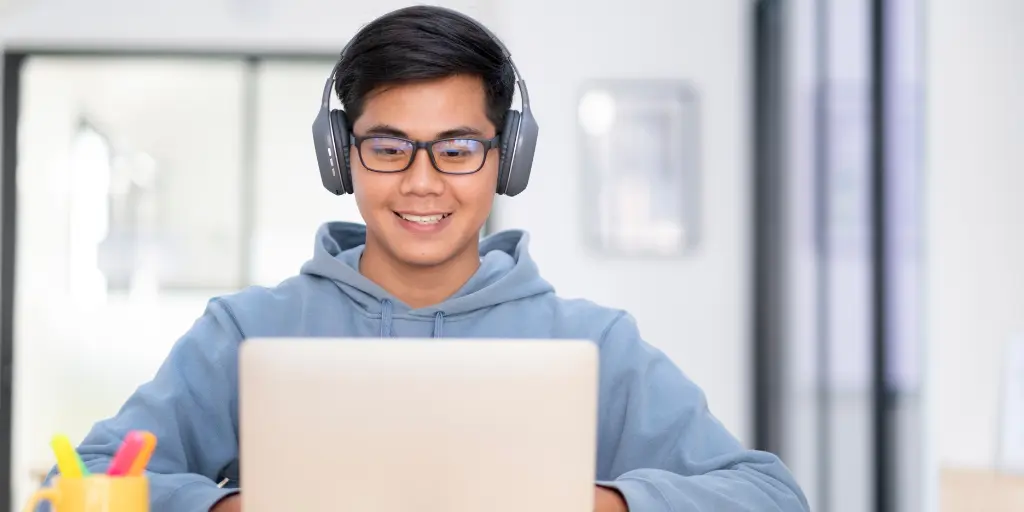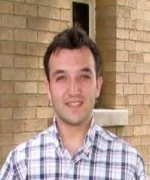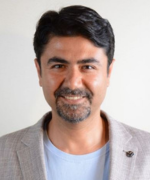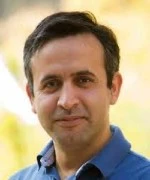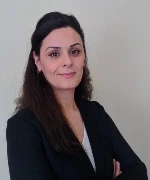Benefits of Learning Entrepreneurship as a Student
Entrepreneurship is a valuable skill that can help people of all ages. Learning entrepreneurship as a student can provide numerous benefits and opportunities for personal and professional growth. This article will discuss the significance of learning entrepreneurship at a young age and how it can benefit students in a variety of ways.
We will talk about the various benefits of exploring entrepreneurship as a student, from developing valuable skills and building confidence to fostering innovation and creativity. So, whether you’re just starting or thinking about a career in entrepreneurship, keep reading to find out how it can help you succeed in the future.
Develops Valuable Skills
Entrepreneurship is about more than just starting a business and making money; it also helps young people develop valuable skills that will help them succeed in the future. Students can develop a wide range of skills that are highly valued in the job market by taking the initiative to start a business.
Problem-solving is one of the most important 21st century skills that students can learn through entrepreneurship. Starting a business necessitates identifying and solving problems. This requires critical thinking, creativity, and the ability to analyze and weigh various options. Students who gain strong problem-solving skills through entrepreneurship can apply these skills to other aspects of their lives such as school, work, and personal relationships.
Communication is one of the valuable soft skills that can be developed through entrepreneurship. Successful entrepreneurs must be able to effectively communicate their ideas to others, including investors, customers, and employees. This entails not only speaking clearly and persuasively but also actively listening and responding to feedback. Students who gain strong communication skills through entrepreneurship can become better communicators in all aspects of their lives.
Entrepreneurship can help students develop valuable skills such as leadership, time management, and resilience in addition to problem-solving and communication. These abilities can be applied in a variety of settings, ranging from school and work to personal relationships and beyond.
Overall, learning entrepreneurship as a student can be a wise investment. Students can become more confident, capable, and successful in all aspects of their lives by developing entrepreneurial skills.
Builds Confidence

Starting a business at a young age can be intimidating, but it can also be extremely rewarding. One of the most significant advantages of entrepreneurship for students is that it can help them develop self-confidence and abilities.
Students will inevitably face obstacles and challenges as they develop their business ideas. These can include everything from creating a viable business plan to obtaining funding to launching their product or service. Overcoming these challenges necessitates a great deal of perseverance, resilience, and self-belief.
Students can learn to overcome self-doubt and fear of failure by starting and running a business. They can cultivate a more positive mindset and learn to focus on their strengths and accomplishments rather than their flaws and mistakes.
Additionally, entrepreneurship can help students develop important interpersonal and communication skills. For example, when presenting their business ideas to potential investors, partners, or customers, students must be able to effectively and convincingly communicate their vision.
Students can boost their confidence by doing things like:
Developing a growth mindset: Students should learn to accept challenges and see failure as an opportunity for growth and learning. They should concentrate on their strengths and accomplishments rather than their shortcomings.
Small victories should be celebrated: Students should be proud of their accomplishments, no matter how small. This can assist them in remaining motivated and gaining momentum toward their larger goals.
Networking and seeking mentorship: Students can gain valuable insights and guidance by networking with other entrepreneurs and seeking mentorship from experienced professionals.
Resilience: Students should learn to recover from setbacks and failures by viewing them as opportunities to learn and grow.
To summarize, starting a business can be a tremendously empowering experience for young people. Students can boost their confidence in themselves and their abilities by cultivating a growth mindset, celebrating small victories, networking, and seeking mentorship.
Fosters Innovation and Creativity
Entrepreneurship encourages students’ innovation and creativity by encouraging them to think outside the box and come up with novel ideas. Students are forced to problem-solve and think critically as they participate in the process of creating and building a business. They are tasked with developing products or services that fill a market gap and meet a need or demand.
Entrepreneurship also encourages students to take risks and try new things. They learn to accept failure as a necessary part of the learning process and to be resilient in the face of adversity. Students develop a growth mindset by learning to persevere through difficult challenges, which will serve them well in all aspects of their lives.
Furthermore, entrepreneurship allows students to express their creativity and use their imagination to develop novel solutions. Building a business frequently involves brainstorming and collaborating with others, which encourages students to think beyond their perspectives and generate new ideas.
Finally, entrepreneurship encourages students’ innovation and creativity by encouraging them to think critically, take risks, and experiment with new ideas. Entrepreneurship prepares students for success in the fast-paced and ever-changing business world by fostering an innovative culture that values new ideas and continuous improvement.
Provides Real-World Experience


The opportunity to develop a diverse set of skills is one of the most significant benefits of gaining real-world experience through entrepreneurship. Starting a business, for example, can assist students in improving their communication skills by requiring them to interact with customers, employees, and potential investors.
They can also gain problem-solving experience by dealing with unexpected issues and roadblocks that may arise during the business venture.
Starting a business can also expose students to the larger business world. They can network with other entrepreneurs, investors, and professionals, allowing them to learn from those with more experience. This exposure can assist them in identifying potential mentors who can provide guidance and support as their business grows.
Finding the time and resources to start a business is one of the most difficult challenges for students. Students who want to pursue entrepreneurship, on the other hand, have several resources at their disposal. Many universities provide entrepreneurship programs, workshops, and mentorship. But before going to college, they can join an online entrepreneurship course for high school students.
To get the most out of the experience, students should approach entrepreneurship with a growth mindset. They should be willing to pivot their business strategy if necessary to learn from their mistakes and failures. Students who take a proactive approach to learning can gain valuable experience that will help them succeed in the future.
Teaches Financial Literacy
Entrepreneurship education can be an excellent way for young people to gain valuable financial literacy skills. Students can learn about budgeting, financial management, and investment by starting their businesses.
Here are some examples of how entrepreneurship education can assist young people in developing financial literacy skills:
Budgeting: When starting a business, students must develop a budget to determine how much money they will require to get started and how much they will require to sustain their business. This process can teach them how to keep track of their spending and plan for the future.
Financial management: As they run their businesses, students will need to effectively manage their finances in order to cover their expenses and invest in growth opportunities. This can teach them about managing cash flow, keeping records, and financial reporting.
Investing: Entrepreneurship can also teach young people about investing and the value of making sound financial decisions. To fund their businesses, students may need to seek investors or loans, which can teach them about risk management and financial decision-making.
Encourages Social Responsibility
Entrepreneurship helps young people make money and be socially responsible. Young entrepreneurs often focus on community impact rather than profit when starting a business. Entrepreneurship encourages youth social responsibility:
Solving Social Issues: Young entrepreneurs are inspired by community issues and seek innovative solutions. A student may start a non-profit that provides affordable healthcare to low-income families in their community or a mobile app that connects volunteers with local community service opportunities. These projects demonstrate that social entrepreneurship can work.
Entrepreneurship can create jobs and reduce community unemployment. By hiring locals, young entrepreneurs can boost the economy and create jobs.
Environmental Sustainability: Many young entrepreneurs are committed to environmental sustainability and use entrepreneurship to address climate change and other environmental issues. A student could start a biodegradable packaging company or an eco-friendly product marketplace. These initiatives demonstrate that businesses can be profitable and sustainable.
Volunteering: Entrepreneurship can motivate youth to volunteer. Many successful entrepreneurs donate a portion of their profits or establish charitable foundations. Entrepreneurship can inspire young people to be socially responsible and give back to their communities.
Conclusion
Finally, learning entrepreneurship as a student is very beneficial for young people. It can teach them problem-solving, critical thinking, and communication skills they can use in any career. Entrepreneurship can also help students overcome self-doubt, and fear of failure, and encourage innovation and creativity.
Startups give students business experience. It can teach them budgeting, financial management, and social responsibility. Thus, educational institutions must encourage entrepreneurship and provide students with the resources they need to pursue it. With the right mindset, skills, and experience, young entrepreneurs can change the world and their communities.
